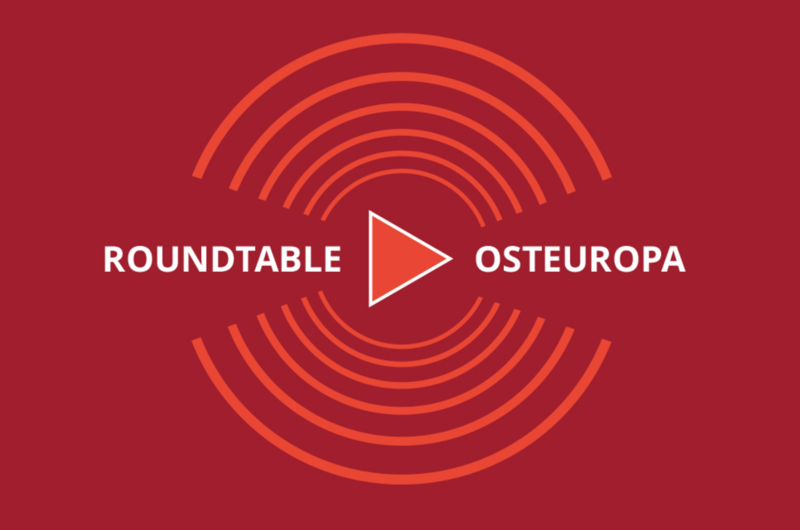B4: Orthodoxy and Social Peace
Dr. Regina Elsner (WWU/ ZOiS)
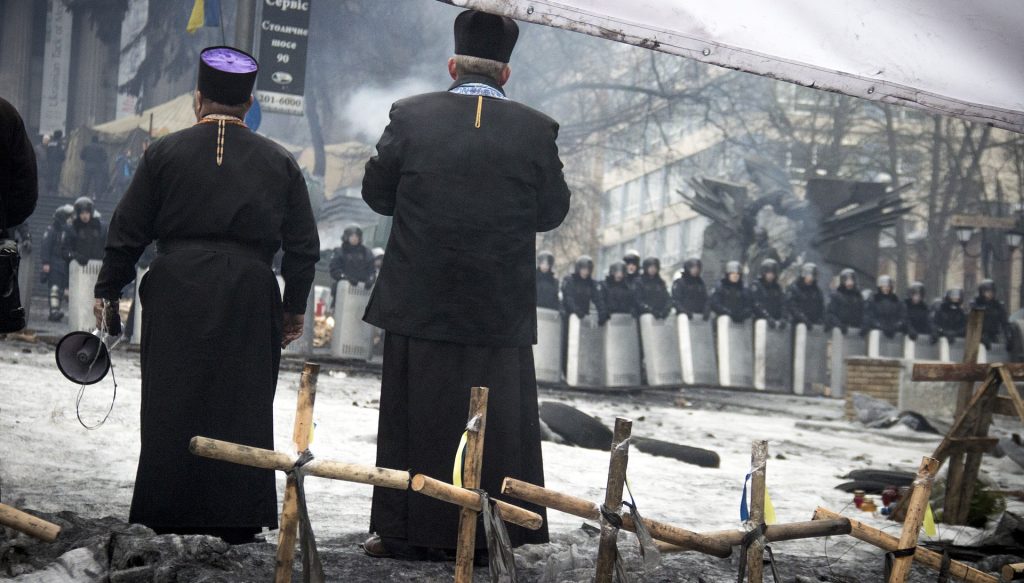
Foto: Orthodox priests at the Euromaidan Protests, Kyiv, Ukraine, 2014. © Christiaan Triebert, Attribution 2.0 Generic License (CC BY 2.0)
Project description
In the post-Soviet countries, the Orthodox churches have gained significant power to shape society; they are very well connected to state structures and have influence on value discourses that determine political and social action. Social conflicts as well as military conflicts in the region show that the role of the Orthodoxy is often ambivalent. While lacking a theological system of peace-ethical concepts, the linkage of transnational church structures with national and sometimes imperial claims defines the way churches behave in conflict. Most recent examples are the war in Ukraine, social protests in Belarus or the territorial conflicts on the Russian-Georgian border.
The project aims to provide a theological analysis of the Orthodox concepts of peace and conflict, which seems indispensable for understanding the influence of the churches on the respective social discourses in the region. This applies both to the inner-church conceptions and practices of peace, reconciliation and conflict in view of the disentanglement of church structures after the end of the Soviet Union, and to the church conceptions of social peace and secular mechanisms of conflict resolution.
Key questions
Methodology and sources
Documentation
Project team
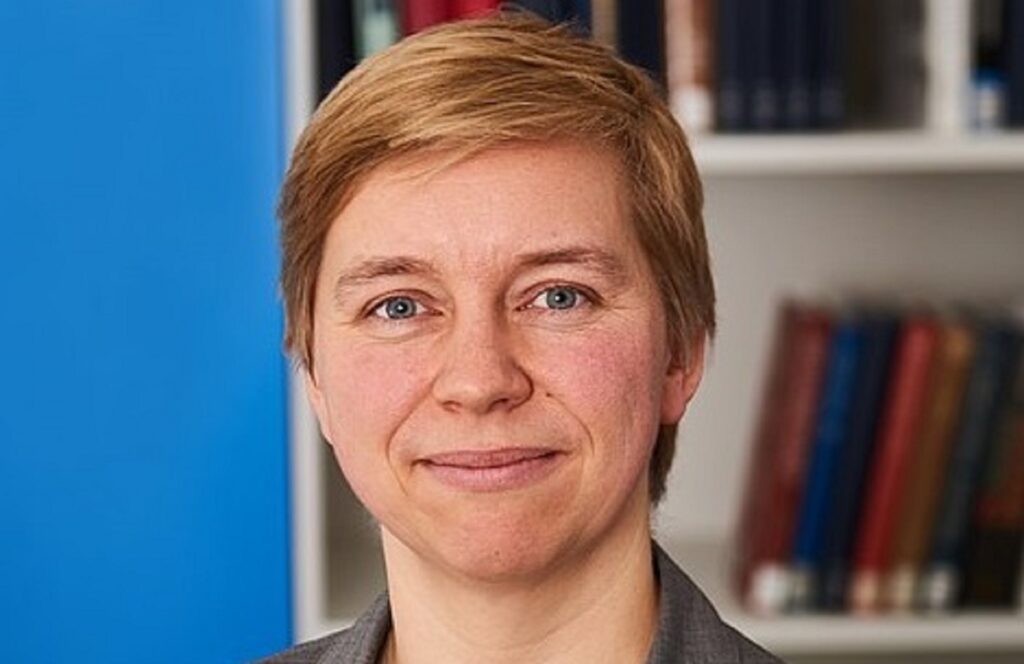
Dr. Regina Elsner
Related publications
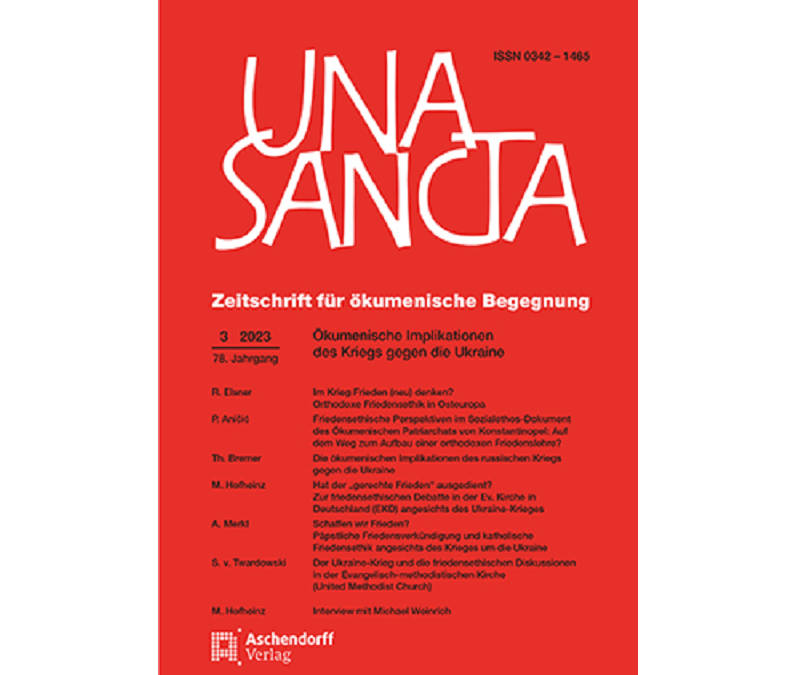
ARTICLE: Im Krieg Frieden (neu) denken? Orthodoxe Friedensethik in Osteuropa
Author: Regina Elsner (WWU, ZOiS)
In: Una Sancta. 78(3), 2023, pp 163-175
Published online: 7 September 2023
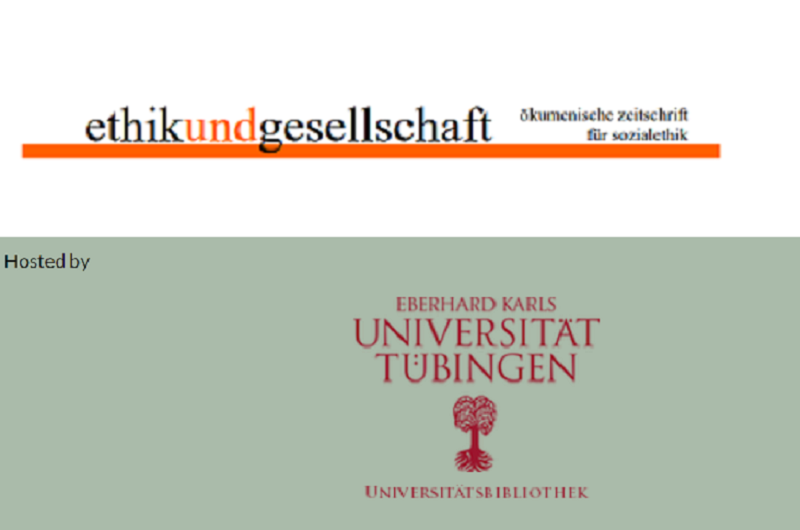
ARTICLE: Diskurse über Krieg und Frieden. Die Rolle der Orthodoxie im Russischen Angriffskrieg auf die Ukraine
Author: Regina Elsner (WWU, ZOiS)
In: Ethik und Gesellschaft, 1, 2023
Published online: 16 August 2023
READ ONLINE (open access)
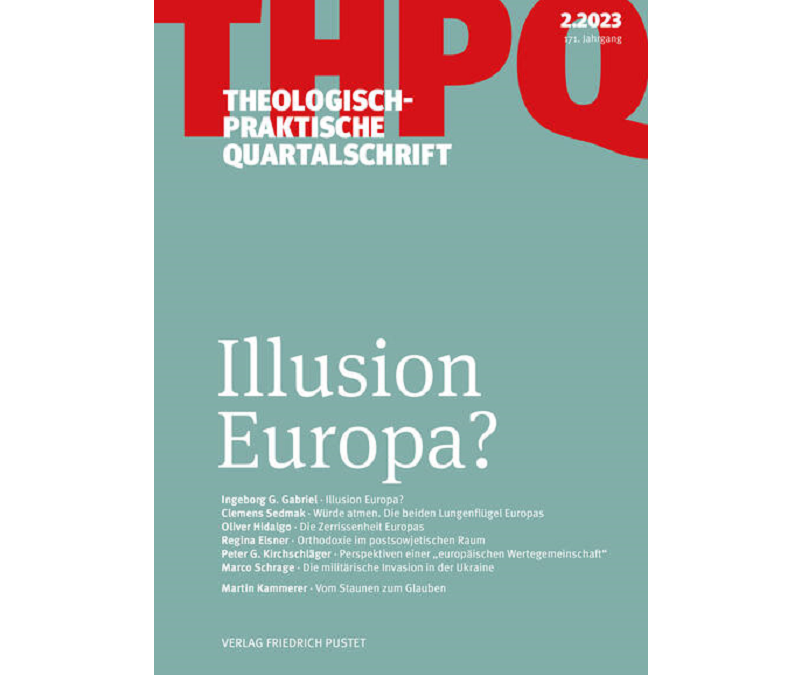
ARTICLE: Orthodoxie im postsowjetischen Raum: Kampf der Zivilisationen?
Author: Regina Elsner (WWU, ZOiS)
In: Theologisch-Praktische Quartalsschrift, 171(2), 2023, pp. 147-156
Published online: 2023
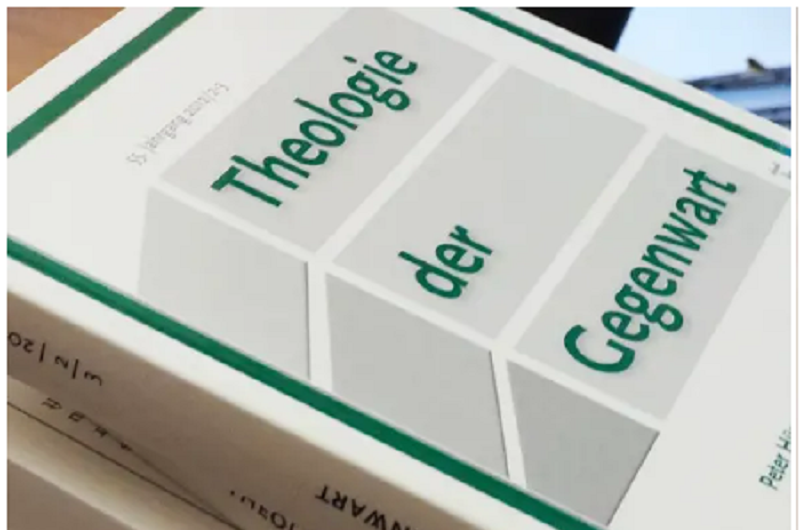
ARTICLE: Kirchen im Krieg: Das Ende der Selbstverständlichkeit
Author: Regina Elsner (WWU, ZOiS)
In: Theologie der Gegenwart (ThG), 66 (2), 2023, pp. 103-114
Published online: 2023
